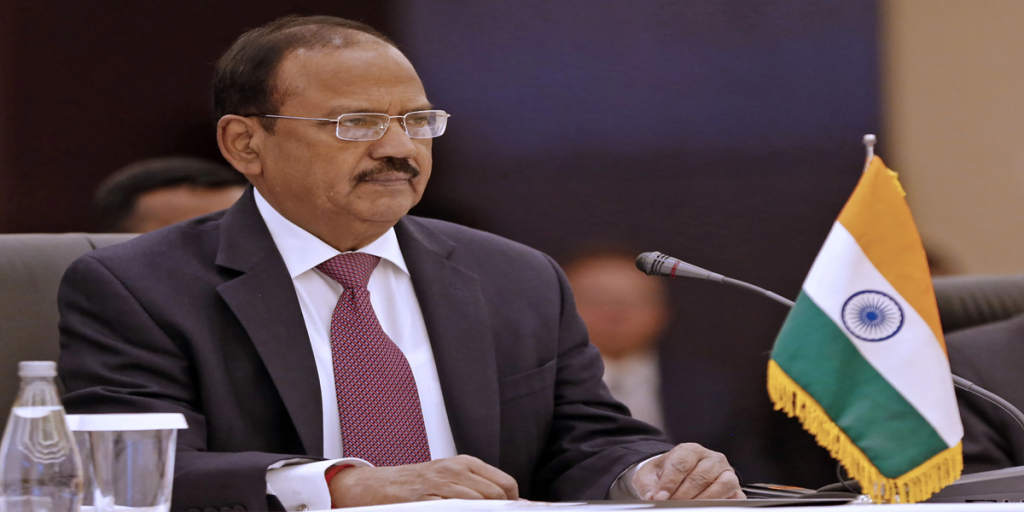China has expressed its readiness to work with India to enhance mutual trust, improve dialogue, and manage differences constructively, the Chinese foreign ministry stated on Tuesday.
Lin Jian, a spokesperson for the ministry, emphasised this stance while addressing questions about the upcoming border discussions between Chinese Foreign Minister Wang Yi and Indian National Security Adviser Ajit Doval. The talks, scheduled for Wednesday in Beijing, mark a significant step in the “special representatives dialogue” mechanism, which stalled after deadly border clashes strained relations four years ago.

“China is prepared to collaborate with India to implement the important consensus reached by the two leaders, respect each other’s core interests, and advance bilateral relations toward stable and healthy development as early as possible,” Lin affirmed during the ministry’s routine briefing.
The renewed engagement follows a meeting between Chinese President Xi Jinping and Indian Prime Minister Narendra Modi in Russia last October. That encounter came shortly after the two nations agreed on a patrolling arrangement to de-escalate tensions along their contested border. Both leaders pledged to improve communication, manage disputes effectively, and instructed officials to take steps toward restoring ties.
Relations between the two nuclear-armed neighbours have remained fragile since the violent Galwan Valley clash in 2020, where at least 20 Indian soldiers and four Chinese troops lost their lives in brutal hand-to-hand combat. The incident marked the worst escalation in decades and severely eroded mutual trust, leading to a prolonged military standoff.
Since then, repeated flare-ups along the border have kept relations tense. However, Wang Yi and Ajit Doval last met in September in St. Petersburg, Russia, where both sides agreed to intensify efforts toward complete disengagement in contested areas.
This week’s talks are viewed as a critical opportunity to reset the trajectory of China-India relations. As both countries face shared challenges and opportunities, finding common ground at the negotiating table remains essential to achieving stability along their disputed frontier and beyond.


